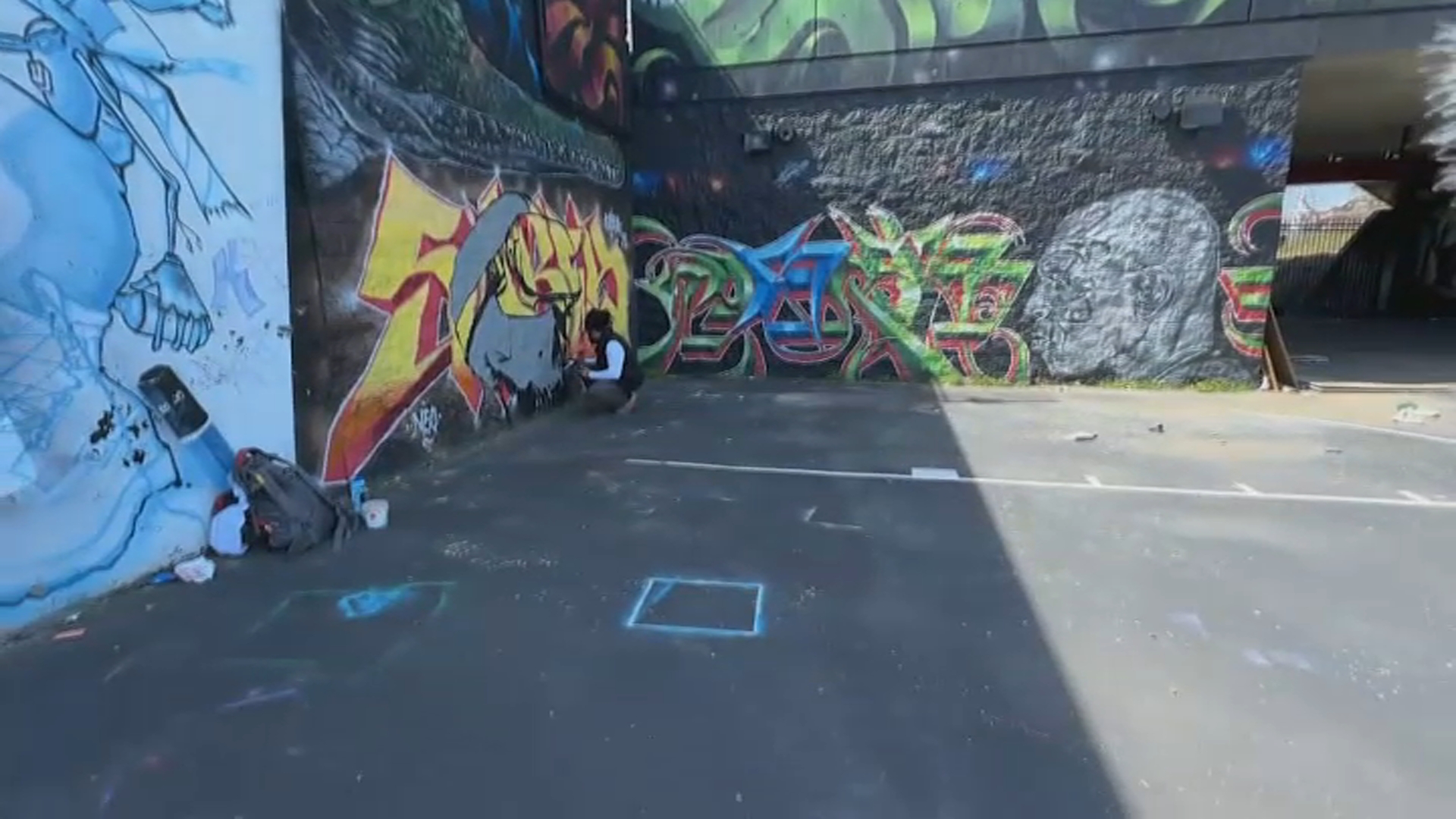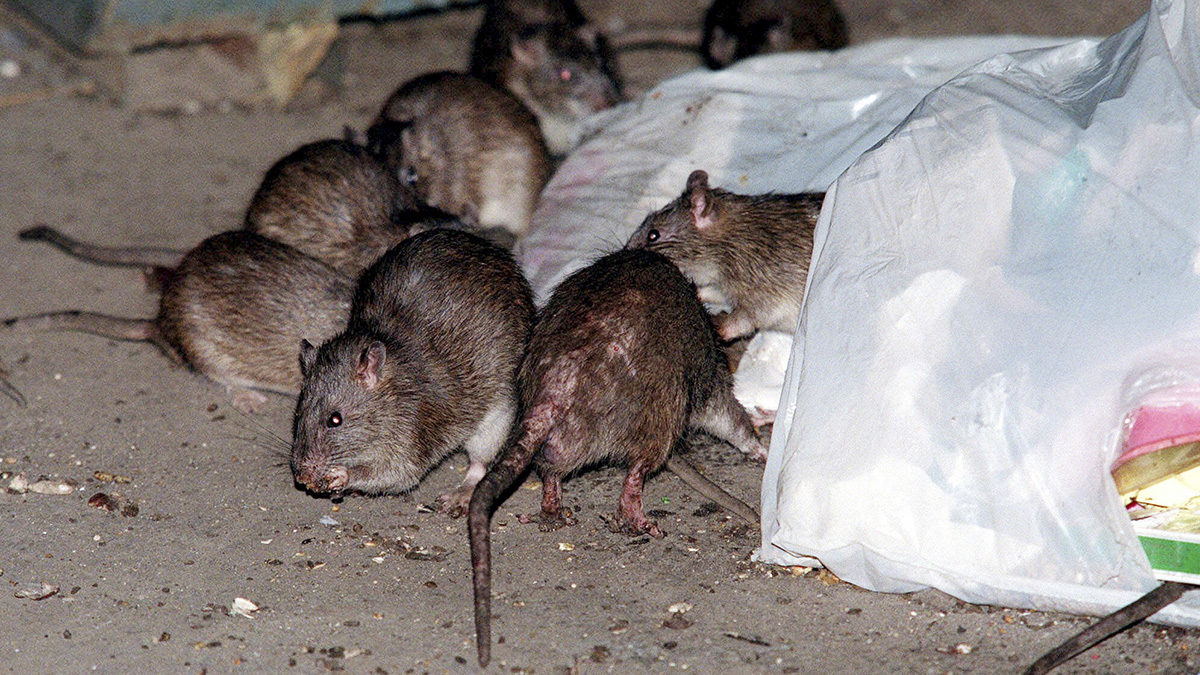
Boston has taken a new step in its push to get the city's rat population under control.
A top rat expert found the pests, or signs of them, in every neighborhood he surveyed, according to a new report released Wednesday. Informed by that report, the city is having many of its departments join forces to come up with ways to make it harder for rats to keep living here.
WATCH ANYTIME FOR FREE
Stream NBC10 Boston news for free, 24/7, wherever you are. |
"We're working to make Boston a home for everyone. Except for rats," Mayor Michelle Wu said in a statement. "Our rodent action plan, which is informed by this data-driven report, will guide our approach across our neighborhoods."
File rat-related complaints on the city's website and read the full report here:
Get updates on what's happening in Boston to your inbox. Sign up for our News Headlines newsletter.
The report, written by noted urban rodentologist Robert Corrigan, identifies five areas in greatest need of rat control: the area around Downtown, from the North End to the South End; Allston/Brighton; Back Bay and Beacon Hill; Dorchester; and Roxbury.
The report also offers a dose of reality for how Boston's rat population is typically controlled.
"Boston property owners/renters seem to believe the rat poison bait boxes placed around property and area perimeters will compensate and/or substitute for good trash practices," says, adding, "Sound science research, however, has shown this practice, without the elimination of the rat’s food sources, essentially 100% ineffective."
The rising rodent population has been a hot topic in Boston. Officials have debated adding a rat czar — New York City did last year, and is starting to require businesses and apartment buildings use trash bins in its war on rats — and last week, District 5 Councilor Enrique Pepén called for a hearing to discuss rat birth control traps after a pilot program showed signs of success in Jamaica Plain.
Instead of putting out rat poison which can sicken animals and children, water traps are placed with a non-toxic contraceptive that takes away the rats’ ability to reproduce. According to Pepén, the pilot program showed an 80% drop in the rodent population.
“This is an idea for us to explore how can we live in balance with nature and wildlife, but also address the issue of rodents,” Pepén said. “I have a 3-year-old daughter who is picking everything off the floor and something can have rat poison on it. We’ve already seen a toddler pass away because of rat poison, we want to avoid that.”
Rat poison is often criticized for the dangers it poses to other animals that come across it, or predators that eat poisoned rats and become sick themselves.
All 13 Boston City Councilors voiced support for that plan at a meeting last week, moving it into committee for further review.




